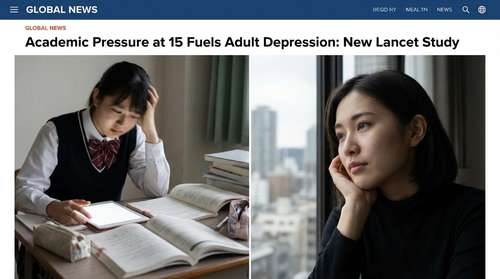Post-Traumatic Stress Disorder (PTSD) is a mental health disorder that may occur after an individual experiences a traumatic event or series of events. It is a condition that affects millions of people across the globe, and is so prevalent that thirteen of every hundred American adults experience it.
4 Crucial Things You Should Know About PTSD
As common as it is, many people have little to no idea about what Post-Traumatic Stress Disorder encompasses. Here are four things you need to know about it:
-
What is Post-Traumatic Stress Disorder?
PTSD has been known by many names in the past, such as “shell shock” during World War I and “combat fatigue” after World War II. While these terms were apt, they gave off an impression that the disorder was limited to veterans. However, PTSD can happen to literally anyone, and can be triggered by experiencing traumatic events like war, natural disasters, accidents, and assaults of all forms.
Post-Traumatic Stress Disorder can affect a person's daily life negatively, and can become even more complicated, if left unattended to.
-
Causes of PTSD
As mentioned earlier, the causes of PTSD are usually strange, unusual events that replay as flashbacks or nightmares on the victim. Many people have wondered why PTSD develops in some people and not in others when exposed to the same events and here are suggestions:
-
Survival Mechanism
One suggestion is that the symptoms of PTSD are the result of an instinctive mechanism intended to help one survive other traumatic experiences. For example, the flashbacks many people with PTSD experience may force them to relive the event in detail so they're better prepared, if it happens again.
-
High Adrenaline Levels
Studies have shown that people with PTSD have abnormal levels of stress hormones. Normally, when in danger, the body produces stress hormones like adrenaline to trigger a reaction in the body which is often tagged “fight or flight” reaction. People with PTSD have been found to continue to produce high amounts of fight or flight hormones even when there's no danger.
-
Brain Changes
People with Post-Traumatic Stress Disorder often have different brain changes, such as an alteration in the hippocampus (the part of the brain involved in processing emotions).
-
PTSD Symptoms
Identifying PTSD symptoms is important for early intervention and effective treatment. Common PTSD symptoms are:
- Reliving the traumatic event through flashbacks or nightmares.
- Avoiding places, people, or activities that remind the person of the trauma, and experiencing heightened reactivity such as being easily startled or feeling tense.
- Hyperarousal leading to irritability, angry outbursts, insomnia and difficulty concentrating.
-
Treatment for PTSD
The main treatments for PTSD are talking therapies, medicine and yoga. Several therapeutic approaches that have proven effective in treating PTSD include:
- Cognitive-behavioral therapy (CBT)
- Eye Movement Desensitization and Reprocessing (EMDR)
Closing Remarks
Raising awareness about PTSD (meaning, causes, symptoms and treatment) is important in helping those affected find the support they need. By educating ourselves and others, we take one step closer to humanity.




